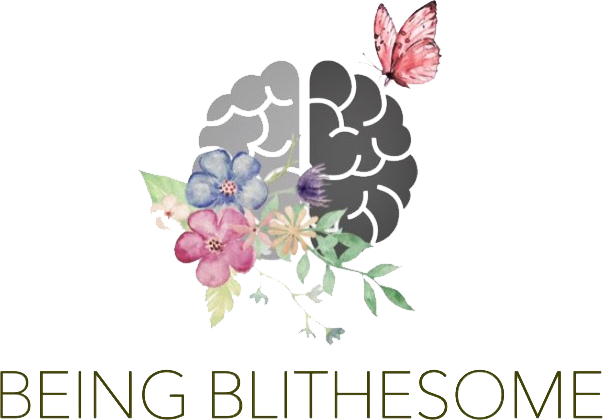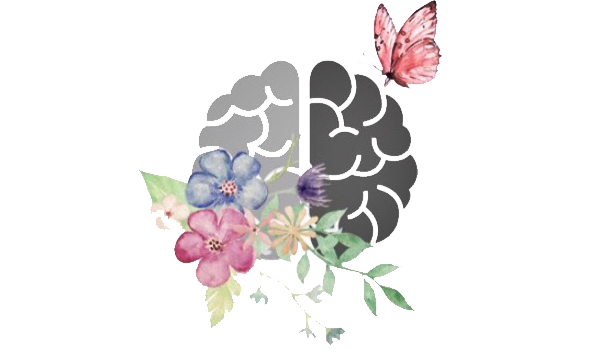During 6 months in lockdown, life was looking pretty different for all of us. Navigating such monumental changes alongside the – very natural – anxieties of the last few months was likely to have led to the rise of a few unhealthy coping mechanisms.
Confined to our homes with little else to do, many of us may have found ourselves drinking more than usual. And the stats back it up. Five southern states – Andhra Pradesh, Telangana, Tamil Nadu, Karnataka and Kerala – account for more than 45% of all liquor sold in India. Not surprisingly, more than 10% of their revenues come from taxes on liquor sales, according to the research wing of Crisil, a ratings and analytics firm.
Another six top consuming states – Punjab, Rajasthan, Uttar Pradesh, Madhya Pradesh, West Bengal and Maharashtra – mop up between less than five to 10% of their revenues from liquor.
There have been long queues outside liquor shops across India
“But not a drop was sold in April, and given the dire state of their revenues, these states have been anxious to make good their losses by opening up the liquor vends,” the research agency said. Lack of liquor taxes has left near-bankrupt states groaning under the lockdown with little money to spend.
In many ways, it’s understandable. Not only can alcohol provide short-term relief from our concerns and anxieties, but it has also provided us with something else “to do” – a distinction in an otherwise structure less, and uneventful day.
So perhaps you’ve realized that you’ve been drinking more. But how do you know when it’s become a problem?
We’re all going to have moments in life when we’re more “relaxed” and drinking slightly more than usual. Drinking more in itself isn’t necessarily the issue – as long as it peters out again. There are, however, some other signs to look out for, and we’ve listed a few of these below.
You’re using it to numb your emotions
There’s no doubt that alcohol can provide a temporary relief from our emotions. But the key word here is “temporary”. Longer term, alcohol tends to exacerbate emotional difficulties. When we numb our emotions, they don’t just disappear – they inevitably resurface again (and often come back stronger). So alcohol isn’t a long-term strategy for dealing with our emotions. It can be dangerous to use it as such simply because it doesn’t work. We’re going to find that we have to keep on drinking in order to keep the emotions down. That’s why it’s so important to learn a wide range of coping mechanisms for dealing with difficult thoughts and emotions – therapy makes a great place to start. You engage in risky behavior when drinking
Do you have a drinking alter-ego? Does it turn you into a different person? Do you wake up the following day and feel horribly regretful? This can be a sure-fire sign that drinking has become an unhealthy habit. When you find yourself acting out of character or behaving in a way that makes you feel ashamed then drinking may have become a problem. You use it to manage social situations
Whilst we can all enjoy that slightly fuzzy-relaxed feeling a glass of wine provides, it’s dangerous when we start to rely on that feeling to calm ourselves down or loosen up in social situations. If you’re someone who suffers from social anxiety, then you may find yourself drinking to manage anxiety-provoking situations. But again, we fall into dangerous territory when we start to use alcohol as a crutch. A therapist will be able to teach you new, healthier ways to manage your anxiety without compromising your physical and mental wellbeing.
You worry about when you’ll have your next drink
Whilst it’s OK to enjoy – or even occasionally look forward to – the odd beer or glass of wine, worrying about it is not. If you find yourself thinking about alcohol very frequently or worrying about when you’ll be able to have your next drink, this is a good sign that drinking has become problematic.
You drink alone frequently…Or hiding how much you’re drinking from family and friends. The odd drink in front of the TV might be fine but drinking a bottle and then feeling compelled to hide it isn’t.
It has started to impact your work and relationships
Have your family and friends commented on your drinking? Has it started to interfere with your productivity at work or your closest relationships? If drinking has started impacting your day-to-day life, this is a good time to reassess and seek support.
It’s important to say there is a distinction between alcohol abuse and alcoholism. People who abuse alcohol drink too much and might find themselves behaving “out of character” or engaging in risky behaviors. An alcoholic is someone who has a dependence on alcohol. Alcoholics will find that they need to drink more and more in order to feel the effects of alcohol and they’ll also experience unpleasant side-effects coming off alcohol (“the shakes”, insomnia, anxiety etc). Simply put an alcoholic needs alcohol to get through their day. Although that’s not to undermine the dangers of alcohol abuse, and if left unchecked, alcohol abuse can lead to alcoholism as your tolerance levels increase.
If you think you could have a drinking problem, seeking the appropriate support is the first, most important step towards recovery. Therapy will help you get to the bottom of why you are relying on alcohol and can also help improve your relationship to it. For some, this might mean stopping entirely – for others it might simply mean cutting back, whilst learning healthier coping mechanisms.


